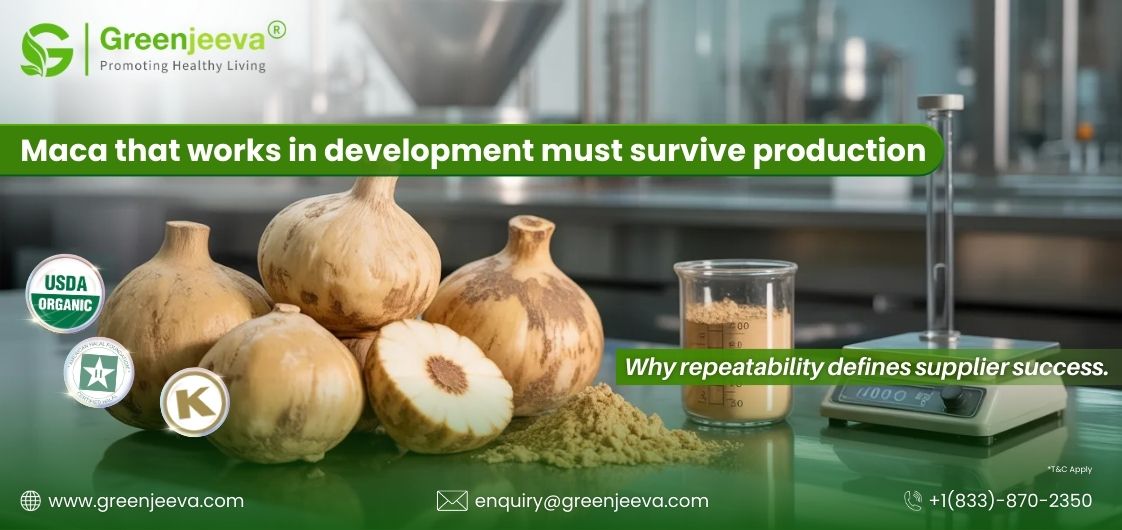Navigating Sourcing Challenges: Enhancing Beer Flavor with Raw Ingredients

Sourcing the right raw ingredients in beer production is crucial for creating unique and flavorful brews. In this B2B blog, we explore the sourcing challenges faced by procurement teams in the brewing industry. Also, we will highlight the potential solutions to ensure a smooth and successful ingredient procurement process.
Specifically, we focus on selecting and acquiring raw ingredients used as flavoring agents in beer.
The Sourcing Challenges Faced
The challenges faced in sourcing these raw ingredients commonly used as flavoring agents in beer include.
Availability and Seasonality: Sourcing fresh and high-quality ingredients, such as citrus peel, fruits, or herbs, can be challenging due to seasonal variations and limited availability. Sourcing teams must plan and establish relationships with suppliers. Suppliers who can provide a consistent supply throughout the year or explore alternative sourcing regions.
Supplier Reliability: Ensuring a reliable and consistent supply of flavoring agents requires working with trustworthy suppliers. Sourcing teams must verify the supplier's reputation, quality control processes, and ability to meet quantity and quality requirements.
Quality and Consistency: Maintaining the desired flavor profiles and consistent quality can be challenging, especially for ingredients like cocoa nibs, coffee beans, or vanilla beans. Sourcing teams must ensure that suppliers adhere to strict quality control measures. Sourcing consistent batches of ingredients to meet the brewer's specifications is crucial for success.
Traceability and Certification: With increasing consumer demand for transparency and sustainable sourcing, breweries must ensure that the raw ingredients used are traceable and responsibly sourced. Sourcing teams may face challenges verifying certifications such as organic, fair trade, or sustainable sourcing practices.
Price and Cost Management: Some flavoring agents, such as vanilla beans or certain spices, can be expensive or subject to price fluctuations. Sourcing teams need to consider budget constraints and explore cost optimization strategies while maintaining the desired quality of the ingredients.
Supply Chain Logistics: Sourcing certain ingredients may involve navigating complex supply chains, especially with international suppliers. Sourcing teams must manage import/export regulations, transportation logistics, and potential delays. Disruptions can affect the timely delivery of the ingredients.
Communication and Collaboration: Effective communication and collaboration with suppliers are crucial to align expectations. It ensures quality control and promptly addresses any issues or concerns.
By addressing these challenges, sourcing teams can secure a reliable supply of high-quality raw ingredients. It enables brewers to create unique and flavorful beers that meet consumer preferences.
How Collaborating With Brewmasters Leads To Flavor Innovation.
Sourcing teams are crucial in collaborating with brewmasters to explore new flavors and innovate within the beer industry. It is essential to have open communication between sourcing teams and brewmasters to identify emerging ingredient trends. Conduct market research, and proactively source unique and on-trend flavors to meet consumer demands. Create a brand that speaks for itself.
Here are some raw ingredients that can be used to create signature-flavoured beers.
Citrus Peel (such as orange, lemon, or grapefruit): Adding citrus peel during brewing can give the beer a zesty and refreshing citrus flavor.
Coriander Seeds: Coriander seeds are often used in Belgian witbier styles to impart a subtle citrus and spicy flavor.
Cocoa Nibs: Adding cocoa nibs during brewing can infuse the beer with rich chocolate flavors and aromas.
Coffee Beans: Used primarily in stout and porter styles, adding coffee beans can contribute roasted and coffee-like flavors.
Vanilla Beans: Vanilla beans often add a smooth, sweet, and creamy character to specific beer styles, such as stouts and porters.
Fruit Puree or Juice: Various fruits like berries, cherries, peaches, and pineapple can be added as puree or juice to impart their distinct flavors to the beer.
Herbs and Spices (such as cinnamon, ginger, clove, or cardamom): These ingredients can add complexity and unique flavors to beer, particularly in spiced or seasonal brews.
Honey: Adding honey to the brewing process can contribute sweetness, floral notes, and complexity to the beer.
Oak Chips or Barrels: Aging beer in oak barrels or using oak chips can provide woody, vanilla, and sometimes subtle wine or spirit flavors to the beer.
Peppers or Chili: Adding peppers or chili peppers can introduce spicy and sometimes smoky flavors to beer, commonly found in certain styles like chili pepper beers.
Herbs (such as basil, thyme, or sage): These herbs can add herbal and savory notes to beer, especially in experimental or farmhouse-style brews.
Juniper Berries: Juniper berries are commonly used in brewing traditional Nordic-style beers like Sahti or in certain gin-inspired brews, imparting a distinct herbal and pine-like flavor.
These ingredients offer a range of possibilities for brewers to experiment and create unique beer flavors. It's important to note that the quantity and timing of adding these ingredients can significantly affect the flavor profile. So, it's recommended to follow specific recipes or consult experienced brewers for guidance.
Final Verdict
Brewmasters face the challenge of creating unique and distinctive flavors that stand out from the competition. They need to push boundaries, experiment with new ingredients, and think outside the box to create innovative flavors that captivate consumers.
Sourcing specific and unique ingredients can be challenging, especially if they are not readily available or require special procurement channels. Brewmasters often need to coordinate with the sourcing team to identify reliable suppliers . It establishes a consistent supply chain for the desired ingredients.
However, these sourcing challenges can be effectively navigated. All it takes is a proactive approach, strong supplier relationships, and a focus on quality, traceability, and innovation. By embracing these strategies, sourcing teams can ensure a consistent supply of high-quality ingredients. This in turns enhances beer flavors, and contributes to the success of breweries in an increasingly competitive market.
**These statements have not been evaluated by the Food and Drug Administration. This product is not intended to diagnose, treat, cure or prevent any disease.**


.jpg)



